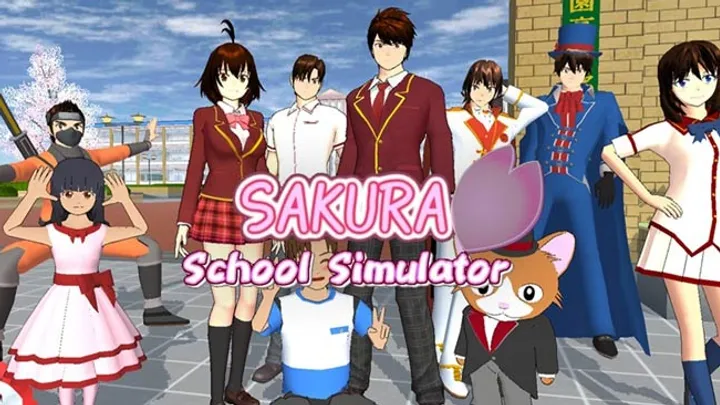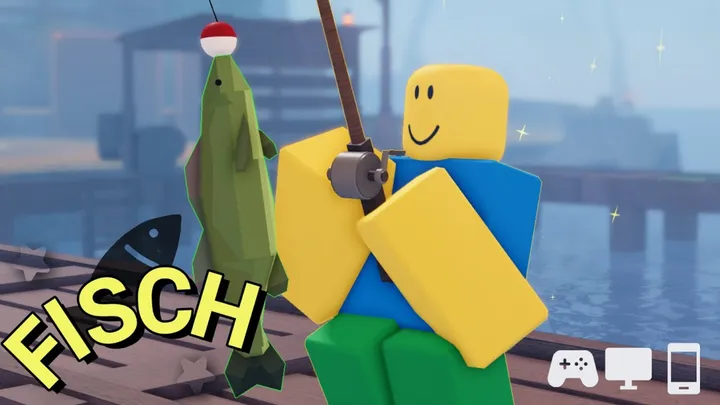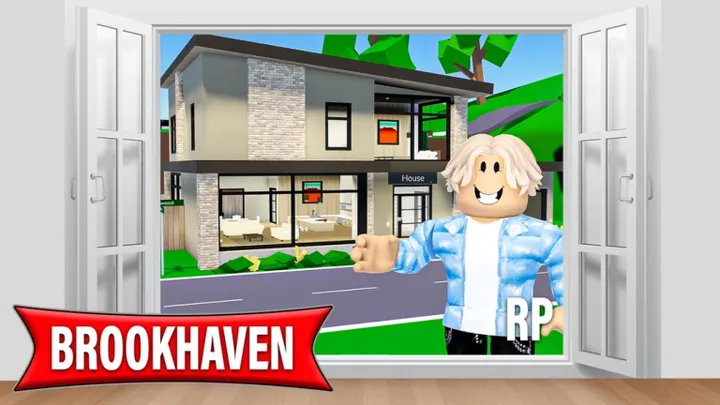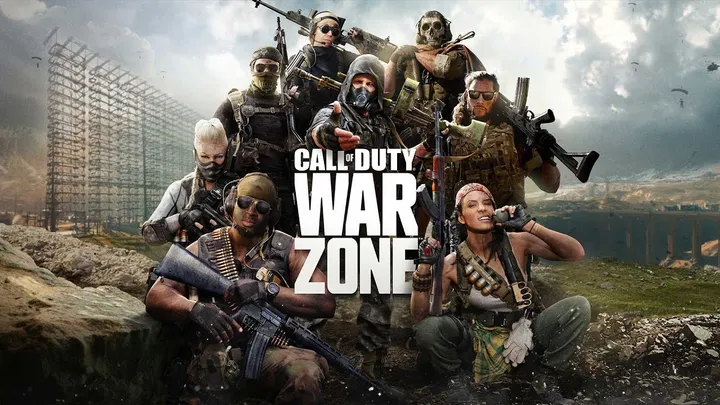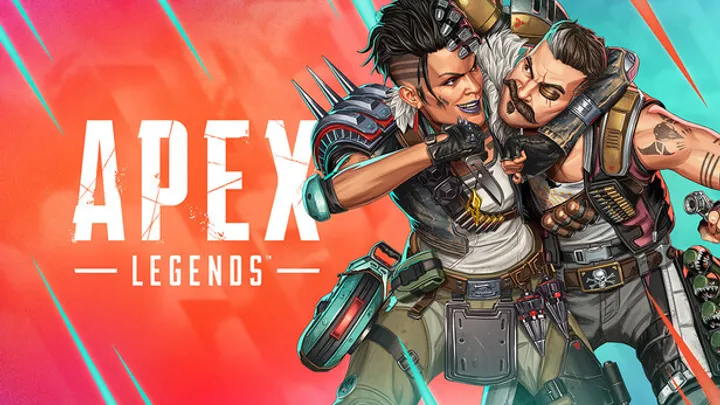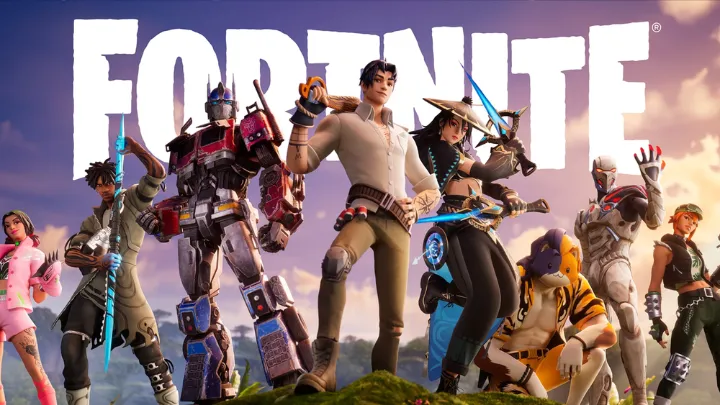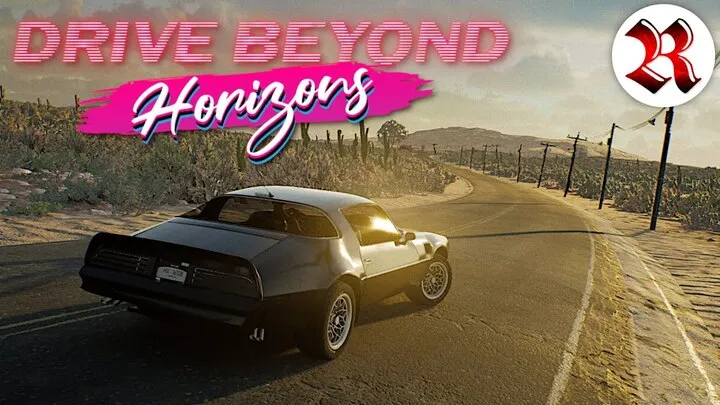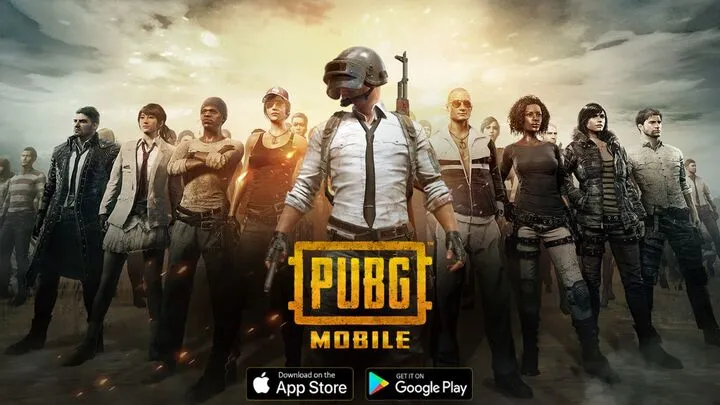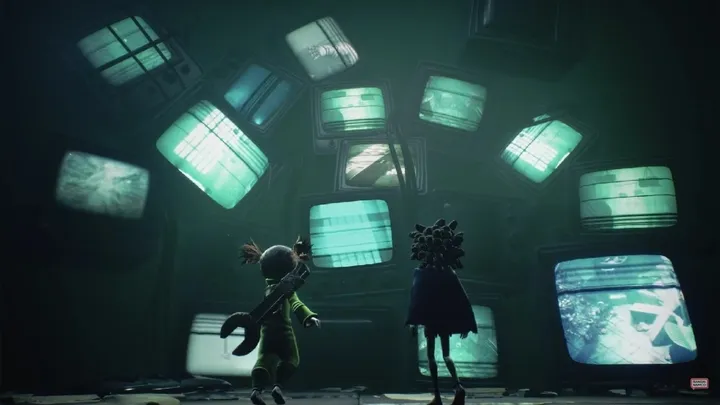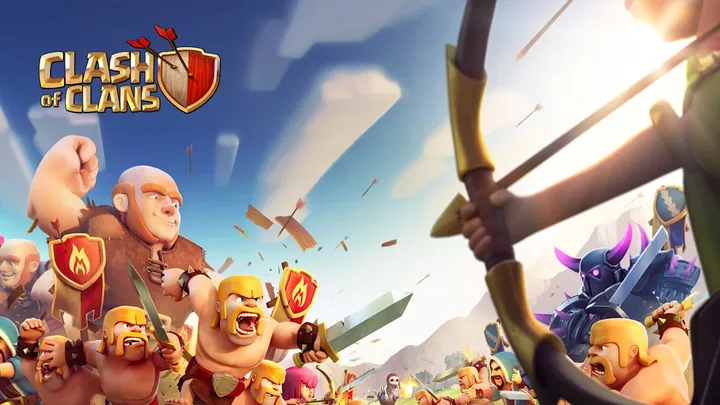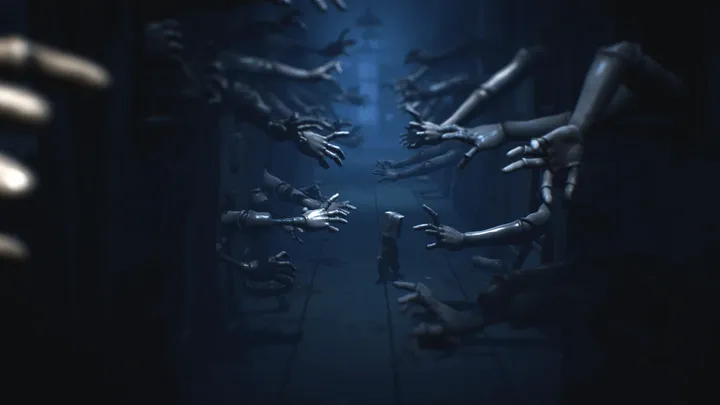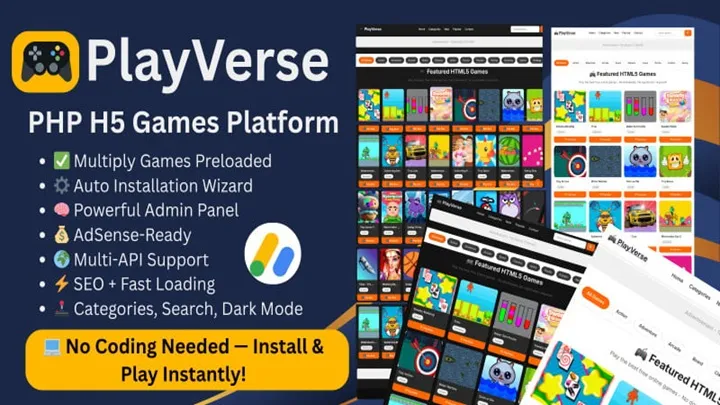In the vast world of battle royale games, PUBG Mobile stands as more than just a test of skill — it’s a psychological battleground. Beyond shooting mechanics, map knowledge, and loot routes, the game unveils a deep layer of human behavior: how people act under pressure, how they adapt to risk, and how survival instincts shape decision-making. This article explores the psychology of survival in PUBG Mobile, dissecting the mental frameworks and emotional responses that define players’ actions from the plane jump to the final circle.
The Thrill of the Drop: Anticipation and Anxiety
Every match in PUBG Mobile begins with a plane. This simple element — a slow flight path over an expansive map — creates an intense psychological state. The player’s first decision, where to drop, sets off a chain of mental processes rooted in risk assessment and impulsive behavior.
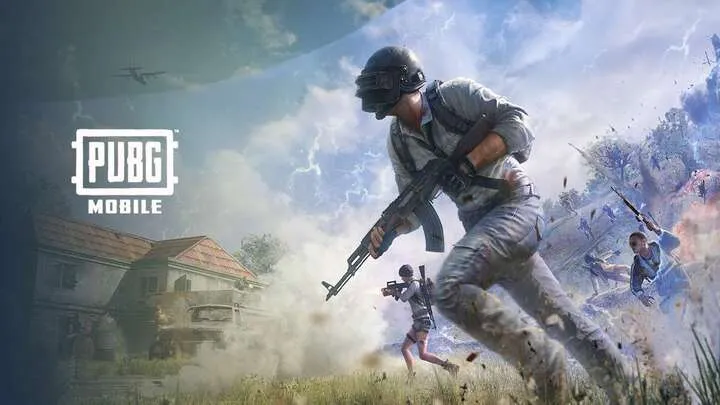
The Choice of Landing Zone
Choosing a drop point like Pochinki or School is often a reflection of confidence and aggression. Players who land in “hot zones” are driven by adrenaline and a desire for immediate confrontation. This action mirrors real-world decision-making under uncertainty, where risk-takers seek high rewards despite possible loss.
The Safe Drop Mentality
Conversely, conservative players opt for remote areas like Lipovka or Primorsk. This reflects a psychological preference for control and stability, avoiding chaos to gather resources calmly. This mindset is a survival mechanism: the need to ensure readiness before confrontation.
Loot and the Illusion of Security
Once on the ground, players begin the frantic search for weapons, armor, and healing items. The act of looting triggers a sense of progress — a false comfort in preparedness. The more a player collects, the safer they feel, even though survival depends more on decisions than on gear.
The Hoarder’s Instinct
Many players overvalue items, filling their inventory with excessive ammunition or attachments. This hoarding behavior is rooted in loss aversion — the fear of being unprepared later. Psychologically, it’s a reflection of our human tendency to equate possessions with security.
Decision Fatigue and Loot Pressure
Constantly choosing what to pick up or discard can lead to decision fatigue. The cognitive load increases with each minute, especially when danger looms nearby. Skilled players manage this by prioritizing mental clarity over material accumulation — a key survival trait.
Spatial Awareness and Human Intuition
In PUBG Mobile, understanding one’s surroundings is crucial. Players develop a sixth sense — the intuitive ability to predict enemy movements and anticipate danger, often without concrete evidence. This heightened awareness is the mind adapting to environmental stimuli.
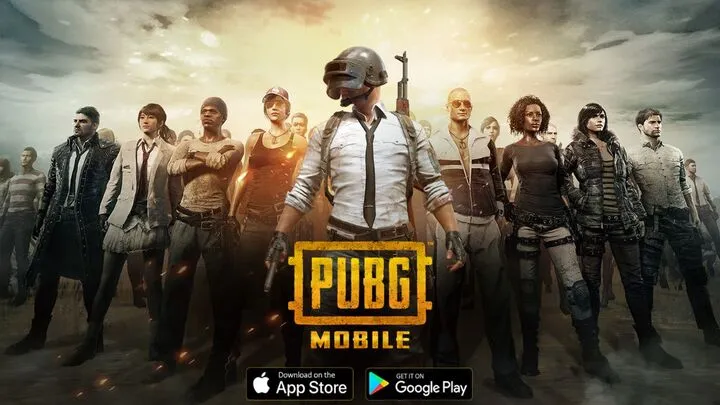
Sound and Spatial Mapping
Audio cues like footsteps, gunfire, or vehicles activate the brain’s spatial processing. Players begin to “see” through sound, mapping invisible threats. This mimics real-world survival instincts, where auditory perception sharpens under stress.
The Paranoia Effect
Excessive alertness, however, can morph into paranoia. Players may overreact to harmless sounds, wasting focus or revealing their position. This tension between intuition and fear defines the psychological tightrope of survival gameplay.
The Social Mind: Trust and Betrayal in Squads
Team modes in PUBG Mobile add a complex layer of social psychology. Players must cooperate, communicate, and sometimes make moral decisions — whom to revive, when to share loot, or whether to risk one’s life for a teammate.
The Bond of Shared Danger
Facing threats together fosters trust. Teams that coordinate effectively experience a psychological phenomenon known as collective flow — a shared mental state where actions synchronize naturally, leading to superior performance.
Betrayal and Self-Preservation
Yet, under extreme conditions, self-preservation can override loyalty. Players may abandon teammates or prioritize kills for personal glory. This moral dilemma mirrors real-world survival situations, exposing the fragility of group ethics under stress.
The Circle of Death: Time Pressure and Panic Response
The shrinking play zone is PUBG Mobile’s greatest psychological weapon. It introduces constant time pressure, forcing players to act quickly and under duress. This environmental stressor simulates real-life scenarios where decisions must be made in seconds.
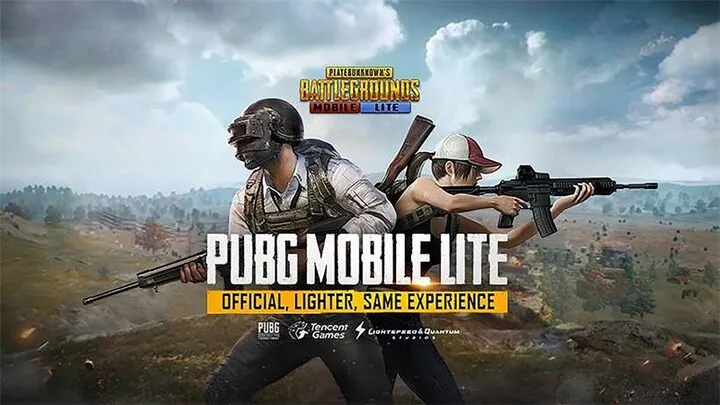
The Fight or Flight Trigger
When caught outside the zone, adrenaline spikes. Players must choose between fighting their way in or escaping through alternative routes. This activates the biological “fight or flight” response, revealing individual tendencies toward aggression or avoidance.
The Zone as a Teacher
Over time, players internalize these stress patterns, learning to anticipate the zone’s movement and manage fear. The circle becomes not only a threat but also a psychological teacher, refining the player’s ability to perform under pressure.
The Silence Before the Final Circle: Emotional Tension and Focus
As the match narrows down to the last few survivors, the psychological landscape transforms. Every sound, every movement, carries potential death. The mind enters an intense state of hyperfocus — both empowering and exhausting.
Performance Anxiety
Players who reach the final stages often experience trembling hands, rapid heartbeat, and mental overload. This performance anxiety can sabotage even the most skilled individuals, demonstrating how emotion interferes with precision.
Controlled Calmness
Elite players cultivate calm through repetition and self-regulation. Breathing control, positive self-talk, and deliberate pacing help them suppress panic, turning tension into clarity — a mark of true mastery.
The Victory Mindset: Triumph and Reward Psychology
Winning a match in PUBG Mobile delivers a rush of dopamine — the brain’s reward chemical. The phrase “Winner Winner Chicken Dinner” is more than a catchphrase; it’s a conditioned trigger that associates success with emotional satisfaction.
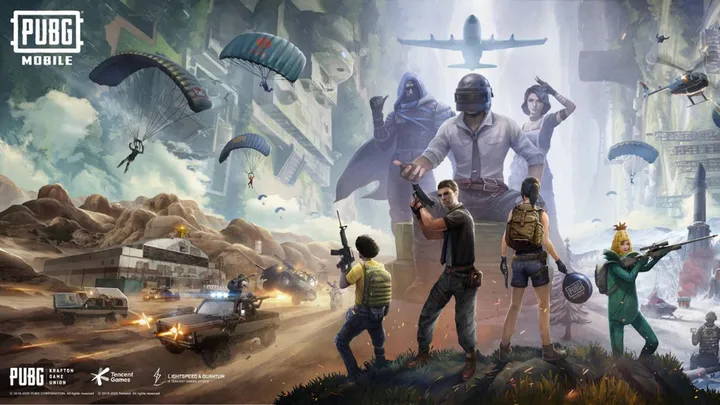
The Reinforcement Loop
Each win reinforces the desire to play again, creating a behavioral loop of motivation and reward. Even near-victories can sustain engagement, as the brain craves the resolution of unfinished success.
Post-Win Reflection
Interestingly, players often replay their actions in memory, analyzing their success. This reflection solidifies learning and builds self-efficacy — the belief that one can control outcomes through skill and judgment.
The Impact of Defeat: Resilience and Emotional Regulation
Loss is inevitable in PUBG Mobile. How players process defeat reveals much about their emotional resilience. Some respond with frustration, others with determination — both are reflections of underlying coping mechanisms.
Frustration and Self-Blame
Repeated losses can lead to self-criticism, especially in competitive players. The inability to control external factors, like random zones or third-party attacks, fuels cognitive dissonance — the clash between effort and result.
Adaptive Resilience
Players who bounce back view losses as learning opportunities. This growth mindset transforms failure into feedback, aligning with real-world psychological resilience — the capacity to recover from adversity.
Identity and Self-Expression Through Avatars
PUBG Mobile allows players to craft virtual identities through clothing, emotes, and skins. This customization extends beyond aesthetics — it’s a psychological projection of self-image and social status.
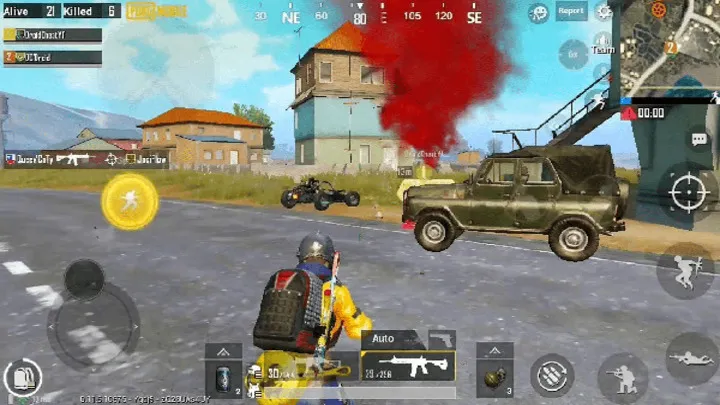
Symbolic Representation
Outfits and accessories serve as symbols of achievement, individuality, or power. Players use them to communicate belonging to certain groups — elites, veterans, or creative outliers — shaping virtual social hierarchies.
The Mask Effect
Interestingly, anonymity in the game liberates behavior. Hidden behind avatars, players may act more boldly or aggressively, reflecting the “online disinhibition effect,” where virtual distance reduces real-world restraint.
The Long-Term Psychological Impact: Habit Formation and Flow
Beyond single matches, PUBG Mobile affects players’ long-term psychology. The game’s blend of unpredictability, reward, and mastery creates an immersive loop that can influence behavior beyond gameplay.
Flow State and Deep Engagement
During optimal play, players enter a flow state — total absorption in the task, where time and self-awareness fade. This mental harmony delivers both enjoyment and cognitive growth, enhancing focus and adaptability.
The Balance of Passion and Dependency
However, prolonged exposure may blur the line between passion and compulsion. Recognizing this balance is vital, as healthy gaming thrives on mindful engagement rather than escapism.
Conclusion: The Human Mind on the Battlefield
PUBG Mobile is a mirror of the human mind under pressure. It reveals how people think, fear, trust, and adapt in pursuit of survival. Each match becomes a miniature psychological experiment, blending instinct with intellect, chaos with control. Through this lens, PUBG Mobile transcends entertainment — it becomes an exploration of who we are when the world closes in, and only one can remain.
